|
Self-care (including diet, physical activity and sleep) is an important aspect of recovery in depression but one that is often neglected generally despite it being an important factor in maintaining good health and more often than not, issues in these areas, also show up as a symptom of depression. Scroll to the end for your list of dietary recommendations to support mental health.....
Our diet is an important part of our health and wellbeing and there is ever growing research that what we eat can help us optimise our mental health as well as our physical health. We know that heavy alcohol intake and certain drug use can change the way our brain functions, you just have to look down the high street on a friday night to witness that!.... Well it makes perfect sense that if your brain doesn’t receive the nutrition including hydration that it requires to function and is subjected to bombardment by free radicals damaging cell tissue caused by (amongst other things) an unhealthy diet, that it could also affect how well the brain works. The affect of food on mood is not a new idea, in fact research dates back to the 1970s – but there are increasing research studies linking food and mood. Including differences in requirements of different age groups. With younger adults needing more meat than older adults who seem to benefit more from foods with antioxidant properties. There may also be a link with poor diet in childhood and adolescence to mental health issues as clearly the brain requires nutrition for it's continuing development during this important time. It makes sense that the changing brain needs a different balance as it changes with age. Fluctuations from low to high blood sugar levels can cause mood swings on a day to day basis and it also appears that the impact of regularly missing breakfast may be linked to depression according to The American Psychiatric Association. just one thing that will help to reduce unhealthy gut flora. Recent studies (e.g. Clapp et al's review 2017) have also suggested benefits from the use of probiotics in anxiety and depression.
acts chemically as a depressant on the brain's functions, can lead to depression with long term use and exacerbates symptoms of anxiety and depression. It holds no nutritional value and I'm afraid even though its made from grapes it can't be classed as one of your "5-a-day"!!
According the American Physicians Committee, we need a balance of approx 1:1 (no more than 4:1) of Omega 6 to Omega 3 in our diet as deficiencies in these fatty acids which help our biological functioning can lead to amongst other problems, depression. However like any fat too much is also not good for us! They recommend that intake of Omega 3 should be 1.1g /day for women and 1.6g /day for men. The British Nutrition Foundation suggest that in UK we generally get enough of Omega 6 in our diet but not Omega 3. Its all about balance as too much Omega 6 appears to wipe out the positive effects of Omega 3, hence the suggested ratios. Wholegrain foods, vegetables and fruit are important factor in maintaining good mental health according to an article in The British Journal of Psychiatry. The study showed a strong link to development of depression in those with a diet high in processed, high fat,high sugar and protective factor in those eating the healthier diet.
1 Comment
If you ask someone "How are you today?" the common automatic response you get is, "I'm fine". More often than not its a polite response (to a polite question) but it's often not an accurate response!
Ok so most people don't want to tell the world and his wife everything about themselves and maybe not everyone really wants to know every detail about "how" you really are feeling. But if you are asking this of a friend or family member you probably wouldn't be too taken aback or surprised by them telling you something about their recent physical health, for instance "Oh I'm fine apart from a bit of a cold", or "I'm a bit tired". However, you are less likely to hear about other aspects of their wellbeing. They're less likely to admit that they are feeling lonely, lost, upset or worried or that they've been drinking more to help them sleep or avoiding situations because they experience anxiety or flashbacks. But the question is "How are you?" ....you, how are YOU? Yes you IS your physical being, but you is also your psychological being, your social being AND your spiritual being. You is ALL of you. Each part; physical, psychological, social, spiritual - all AS important as each other - the combination is what makes you. The unfortunate reality is that there has been a long held stigma surrounding mental health / mental ill-health and much as I like to think things are getting better I sometimes still wonder! One hopes that the public are gradually becoming more positively aware and considering the importance of looking after their mental health; I increasingly notice posts on social media about anxiety, depression, PTSD, suicide etc. I am grateful for those who share such posts and hope that at least one person sees it and begins to rethink their perception of mental health. But I fear the sad reality is that many still believe it somehow doesn't apply to them! I've often joked with the young soldiers I've worked with over the years that "we're all mental mate" and gone on to encourage them, that they think nothing of focusing on being physically fit but that their mental fitness is equally important AND that means that in the same way we can all become physically unwell, so too we can all become mentally unwell. The reality is we are all vulnerable - it just makes us human. We need to look after ourselves, nurture ourselves and do things which maximise our health all round, that increase our robustness physically and mentally (and spiritually!). If we have a temperature we acknowledge it and do something about it. When we become mentally unwell instead of hiding the problems away, we need to acknowledge them and look after ourselves as well as we would if we were physically unwell. We know that uncertainty and the unknown can scare us, unfortunately this leads people to be guarded or defensive - a natural primitive response to feeling threatened. Yet we need not "fear" mental health; as I said, it is after all part of us. So what we DO need is education and understanding. With lifestyles becoming increasingly stressful & pressured and with people becoming increasingly isolated, recognition of stress and effective coping skills could be taught much more in schools. We need to be able to acknowledge that when things become tough and we find oursleves pulling on all the resources available to us in order to cope with the stressful things that life throws at us, that sometimes, despite our best efforts we can become overwhelmed and there is a negative impact on our day-to-day life. If 1 in 4 people in their lifetime will experience psychological ill health then it could really be you, your dentist, your friend, your teacher, your child, your family member. Yep it really could be you. So "yeh mate you ARE mental!... You are a mental, physical, social and spiritual being. About time you acknowledged it and started looking after your mental health!!! .......so get talking about the elephant in the room! So we’re coming to the end of “Mental Health Awareness Week”……. I hope it didn’t go over everyone's heads. I wonder how many people even realised that it was. I’m not a big TV watcher but I haven’t noticed a greater visibility of Mental Health on TV this week than any other week.......
There seems to be a week or a day for everything these days. I read somewhere that it’s about acknowledging the things we take for granted and well that’s what I’ve always thought Awareness Days/Weeks/Months were about - acknowledging the things we take for granted or neglect; remembering, kicking us up the backside, reminding us of important issues. However if you search the internet for "Awareness Days" what you get is a rather interesting mixture of things we apparently need to be "aware of". It would seem however, that the lists also include days which we apparently need to be "celebrating" or be "paying tribute to", such as Towel Day, Rocky Road Dessert Day, World Goth Day and Sewing Machine Day….. Sewing Machine Day - yes apparently sew (sorry!) Don’t get me wrong, making our own clothes etc is a great thing to be doing – in fact taking up a hobby and being creative is actually great for our mental health! But do people really take sewing machines for granted? Maybe they take for granted the people in sweat shops using them in China or wherever but I’m starting to lose the plot here. Ah yes this one isn’t about being aware it’s about celebrating…. or is it a tribute…. or perhaps it is awareness…. oh I don’t know? Is it important? Should I be getting mine out?!! The point is, that the more special “Days” we make up the less special they are. We end up with just another day of this or day of that. I fear important messages risk getting lost, as people give up trying to keep up what they’re meant to be remembering today! We have plenty to be grateful for, but do we need to celebrate all these things on a specific day? All just seems a bit gimmicky to me. Of course the charities, health organisations and environment agencies want to promote and make people aware of the issues out there and I fully support that. Having a day to push important issues out there is valid. We lead busy and distracted lives in which many things become neglected and taken for granted so feel free to kick us up the backside and remind us of the important issues. And while we’re on the subject of taking things for granted; what we DO often take for granted is ourselves, other people and the world. Incidentally these are considered key components of our belief system in Cognitive Behaviour Therapy CBT. Improving your relationship with yourself, with other people and the environment are pretty positive things to do. AND AT LAST, that leads on to…. MENTAL HEALTH AWARENESS!………. The theme this year from the Mental Health Foundation has been Relationships. The MHF point out that relationships are fundamental to our health & well-being and that we cannot flourish as individuals and communities without them. Having support, being able to talk to others, to socialise are really important to our Mental Health; we are social beings. Yet there are many in our society who are isolated; it has long since been the norm for extended families to be together and lack of resources impacts on the quality of “community” services. Ask yourself... How many people in the area you live in, see no one all day? And what about the quality of you own relationships? When you come home from work, do you ask anyone in the household how their day has been? If you do, do you listen? (I know I have been guilty of looking over the top of my laptop at a family member and responding but on reflection I’ve only heard part of what was said!) Do you pick up the phone and call a friend or go and see them or do you just text? How many arguments occur because a text or facebook message is misunderstood? No amount of emojiis is really going to give you the meaningful interaction you can have on a 1:1 basis. Does your family sit at the table to eat or in front of the TV or in separate rooms? Do you feel able to open a conversation with someone? Do you feel socially anxious? How do you start a relationship if you don’t feel confident or feel good about yourself? How do you improve your existing relationships? Mental health issues can make us feel isolated and can impact on relationships negatively and if we don't have strong relationships we can find ourselves feeling even more isolated. Good relationships can help maintain or improve our mental health so lets be aware and work on relationships. What changes could you make in your relationships? For more information on the campaign visit Mental Health Foundation’s website: https://www.mentalhealth.org.uk/campaigns/mental-health-awareness-week/why-relationships#sthash.L0y8vVO4.dpuf If you have any questions feel free to comment or email I hope that a few people out there have taken on board the MHF Campaign about Mental Health Awareness and relationships – it’s not gimmicky it's life and our mental health IS important! |
Categories
All
AUTHORCognitive Behaviour Therapist, Integrative Psychotherapist, Nurse Specialist (Mental Health), Mum, Youth Worker, Trainer....... Archives
December 2018
|
Proudly powered by Weebly



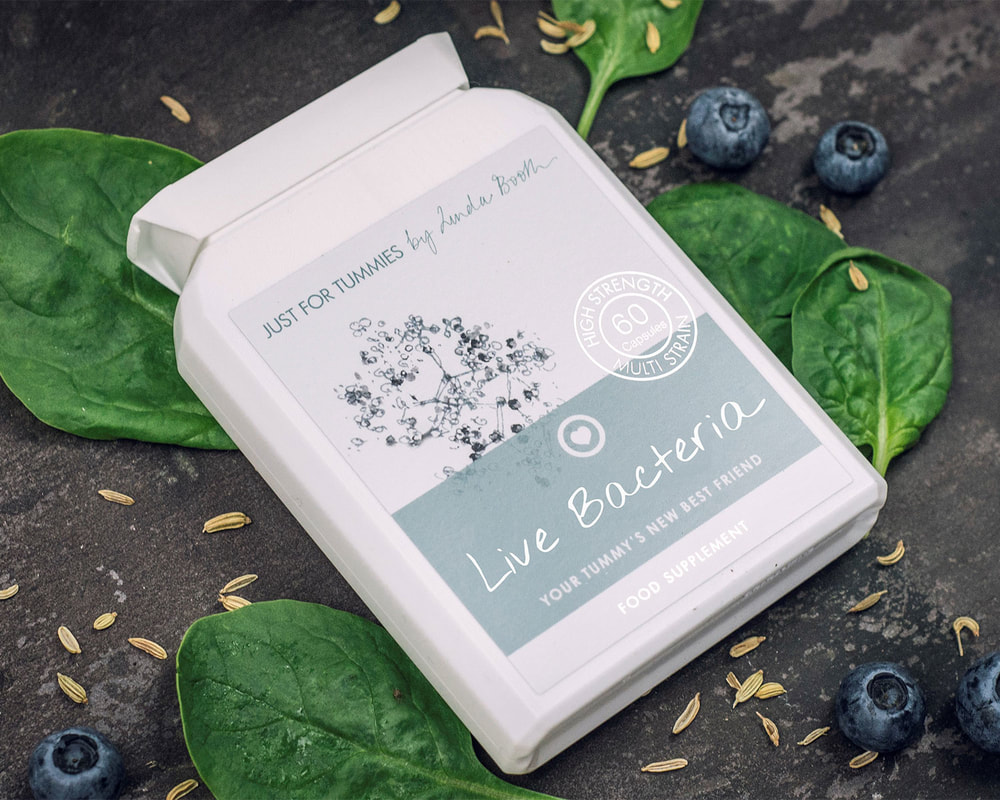

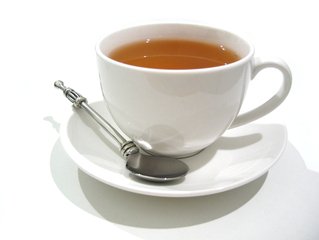
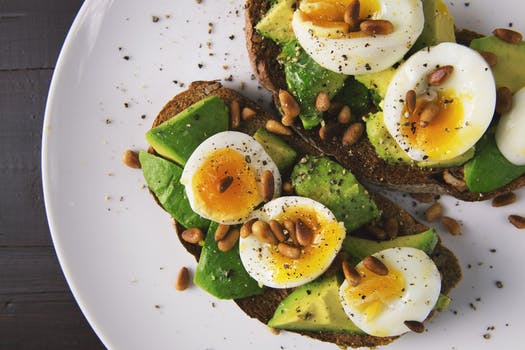

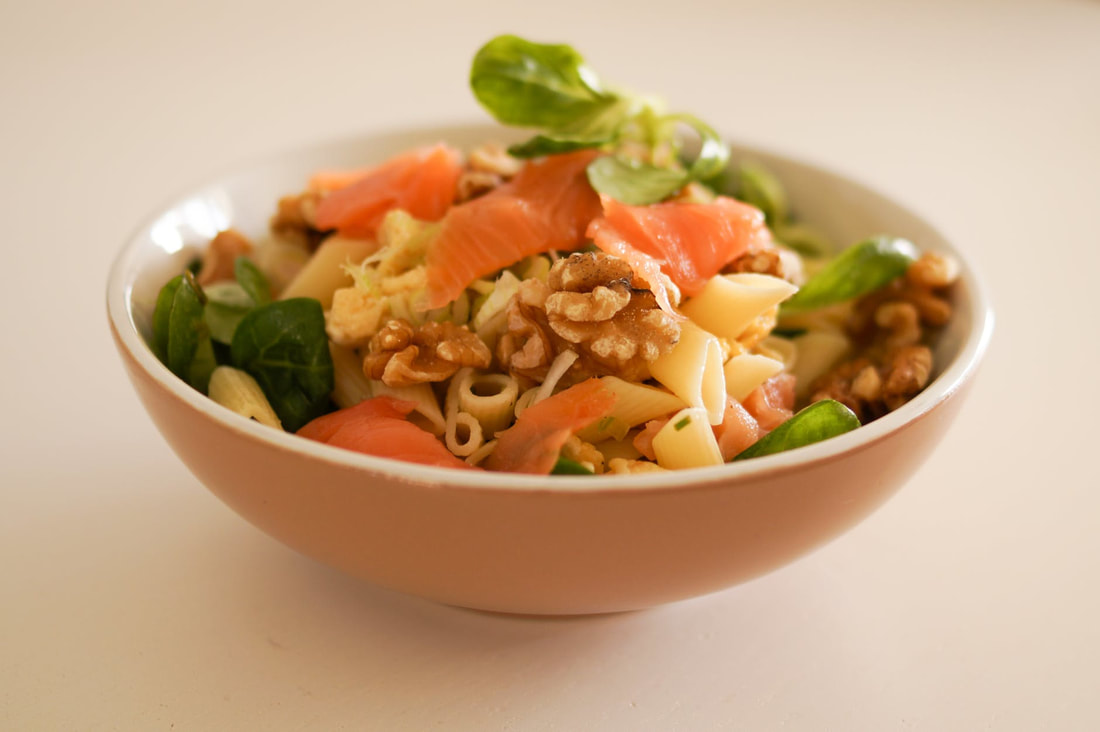
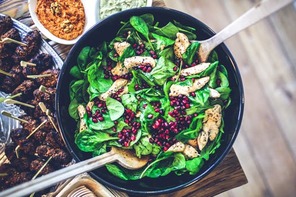
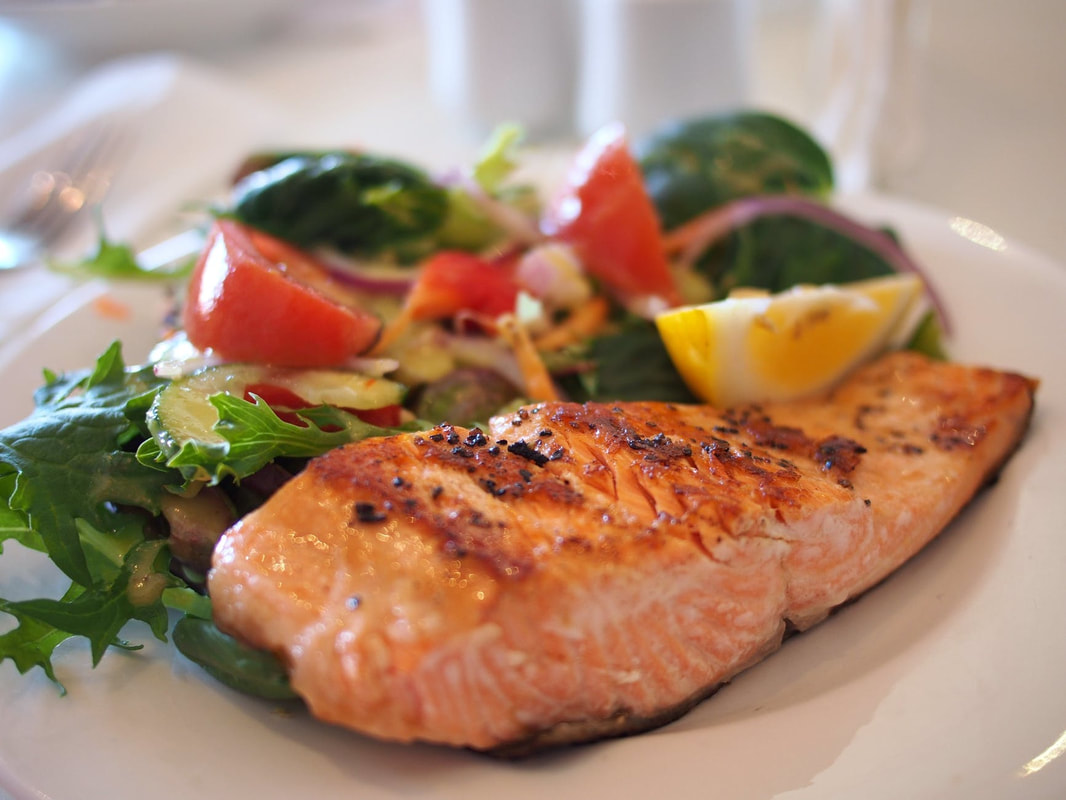

 RSS Feed
RSS Feed